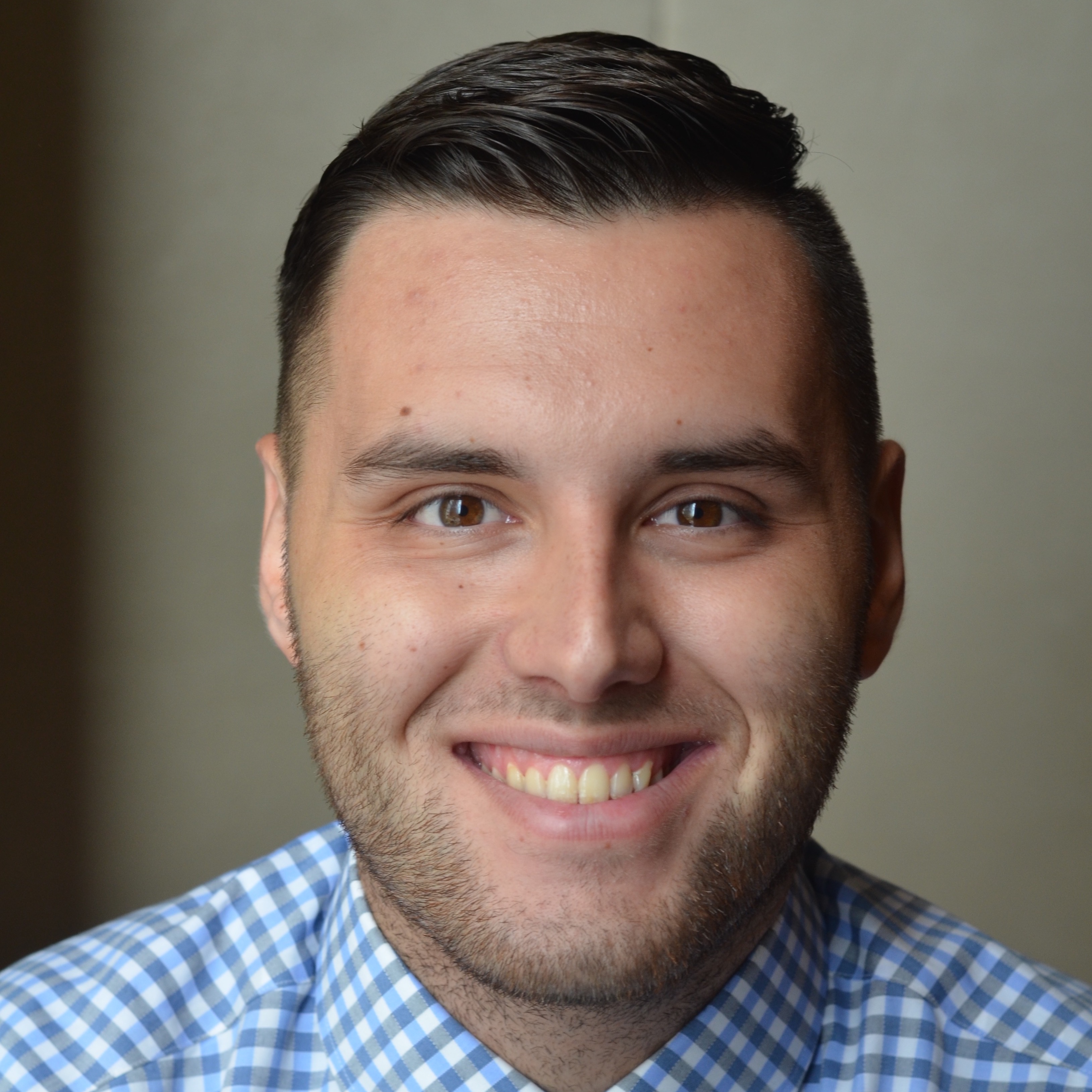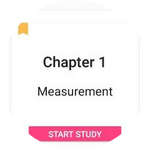About This Project
STEM education is key that would drive the socio-economic development of any country. In most countries, especially developing countries, the love, participation and performance in STEM subjects by students is low, and even lower in girls. Less than 25% of African higher education students pursue STEM-related career fields. It is therefore urgent to bring innovation in the system of teaching STEM subjects so as to improve participation and performance in young people.
Ask the Scientists
Join The DiscussionWhat is the context of this research?
STEM which is an umbrella term used to group together distinct but related technical disciplines of Science, Technology, Engineering and Mathematics is considered the most important field that can drive the socio-economic development of any country in the world. U.S. GDP growth in the past 50 years has be attributed to advancements in science and engineering. According to Harvard School, STEM fields demand curious individuals eager to solve the world’s most pressing problems. Unfortunately, a large subset of students are not fully prepared or love STEM education and it affects effectiveness in future career and STEM-related workforce. There is need to expand access and improve the approach to teaching STEM subjects
What is the significance of this project?
The participation of young people in STEM Education especially in low/ middle income countries is poor and even lower in girls. Though lack of educational infrastructure have been identified as a challenge to the development of solid STEM programs, it is still a fact that even if all these facilities are made available, how students are taught STEM subjects determine whether they love or hate them. Report reveal about 38% of students who start college with a STEM major do not graduate with one. So most students don’t pursue STEM subjects because they think it's very difficult, but this root from how they have been taught those subjects. Therefore if taught in a more practical way, it becomes easier and attracts more students.
What are the goals of the project?
The main goal of this project is to enhance STEM learning experiences, participation and performance in secondary school students because scientific inventions can only come from people who had the right academic exposure.
Our method will target Physics and Mathematics subjects in this pilot study, which in the future can be extended to all other STEM subjects.
We will assess baseline engagement and performance. Then we will introduce the practical approach to classrooms of students for seven months.
Monitoring and evaluation of performance will be done after every three months by assessing the first and second results. Finally, the impact of this approach will be evaluated during the third term by comparing performance of the students in control and intervention schools.
Budget
Our funding target plus the Experiment platform charges is $9,500. This will enable the research team conduct this project which will use next-generation technologies to understand or enhance STEM learning experiences in secondary schoolstudents in diverse context. The funds will be used to purchase materials that will help to incorporate active learning, field trips for practical experience to make STEM education, especially physics and Mathematics more personally meaningful and relevant. It will facilitate transportation, motivate assistants, registration, best award, provide little refreshments during trips for practical sessions to institutions like hospitals, mobile phone companies, radio stations, road construction sites and dams. Also is the cost for data analyst and the publication of the article together with the funding body, in an open access journal. Experiment platform fee is 8% + 3-5% =13 % plus $30 as on researchers guide.
Endorsed by
 Project Timeline
Project Timeline
Our team made up of the principal investigator and STEM secondary school teachers in Physics and Mathematics, who will be trained according to the project goals, to serve as teaching assistants in the 2023/2024 academic year starting in firsr week of September 2023. Intense follow-up will be for 6 months months. The 7th month will be dedicated for data analysis and articles writing for results dissemination.
Aug 09, 2023
Project Launched
Sep 13, 2023
Engage with the participating schools at start of academic year
Sep 20, 2023
Train STEM teachers who will be teaching assistance for the project
Sep 28, 2023
Introduction and Baseline assessment of students
Oct 02, 2023
Engage in teaching topic by topic using more practical approach which will involve going for field trips for practical in organisations working in STEM fields
Meet the Team
Affiliates
Samba Melvis
Samba Melvis Bora is an Early Career Scientist with a PhD in Public Health. As a Public Health Scientist and Social Reformer, she strongly supports multi-disciplinary activities that add value to the society and its inhabitants. She majoured in high school in Physics, Chemistry and Biology and now with a PhD in Public Health, an MPH and a strong background in Sociology, Anthropology, Medical Laboratory and Political Sciences, she is focused on making use of all the skills acquired in these fields to address current issues through service to humanity. Her passion is to ensure ideas and research findings are not only presented for knowledge sharing but used to take measurable actions that will contributes to ensure sustainable maximization of resources that add value to deserving populations within the Sustainable Development Goals framework. Looking forward everyday to do more https://www.linkedin.com/in/sa...
Additional Information
More details on the Methodology can be seen under the Method section
Project Backers
- 8Backers
- 100%Funded
- $9,503Total Donations
- $1,187.88Average Donation


